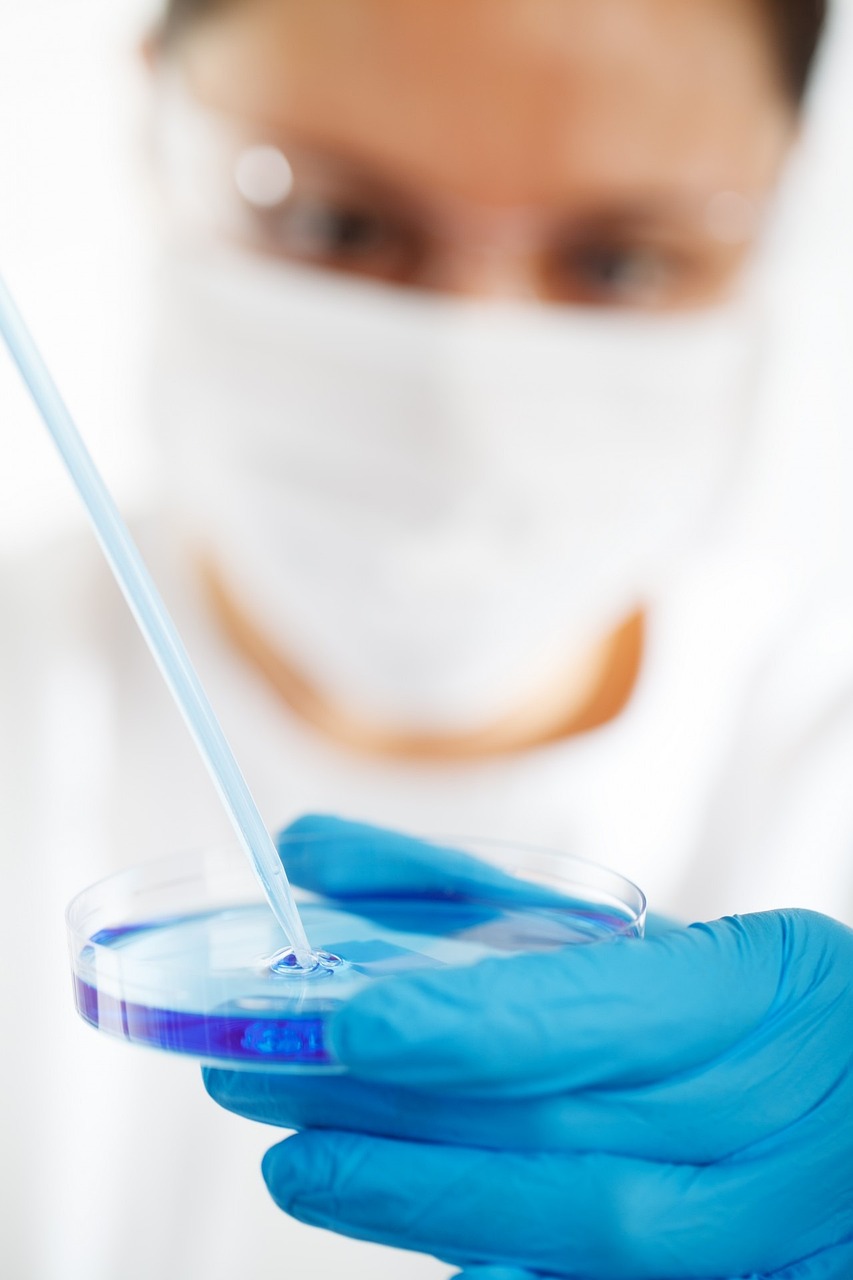Oświadczamy, że tekst pt. „Nieudowodnione terapie komórkowe: globalny problem i polska perspektywa” stanowi w całości wolne tłumaczenie publikacji naukowej autorstwa J. Dulaka i M. Pecyny, pt. „Unproven cell interventions in Poland and the exploitation of European Union law on advanced therapy medicinal products” opublikowanej w czasopiśmie naukowym Stem Cell Reports (IF 7,29 (2023)), 2023/8, s. 1610-1620 (https://www.cell.com/stem-cell-reports/fulltext/S2213-6711(23)00196-0). Autorka wykorzystała badania naukowe stanowiące podstawę źródłowej publikacji oraz jej treść bez zgody jej Autorów, naruszając osobiste oraz majątkowe prawa autorskie, a także zasady etyki prowadzenia badań naukowych. Fundacja przeprasza Autorów za nieuprawnione rozpowszechnianie tej publikacji.
Biologiczny Hejted


